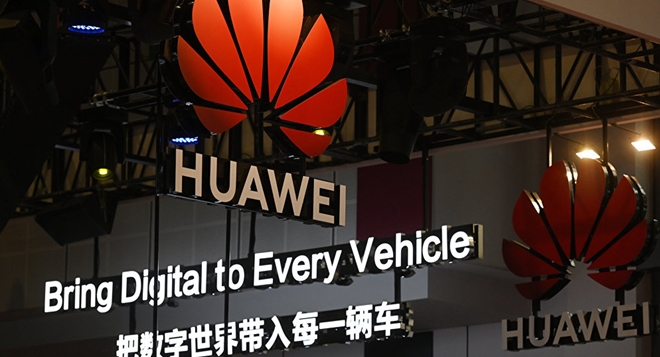Google restricts Huawei's use of Android: How does it affect users
Why Did Google Impose the Restrictions Against Huawei?
On 15 May, President Donald Trump signed an executive order barring US companies from using telecom equipment from sources the administration deems a national security threat, in an action seen as targeting China, specifically, Huawei, a leader in 5G technology and a global tech business with a reported revenue of over $100 bln.
The next day, the US Commerce Department said it was adding Huawei Technologies Co and 70 affiliates to its so-called “Entity List” in a move banning the Chinese telecommunications giant from acquiring components and technology from American firms without prior US government approval, under the pretext the equipment made by the company poses a national security risk. The decision came into effect on 17 May.
In the wake of these developments, Google, in compliance with the ban, imposed restrictions against Huawei. As Bloomberg reported later, chip companies including Intel, Qualcomm, Xilinx, and Broadcom have said they will not supply components to the embattled company until further notice.
What Are Huawei’s Prospects?
 |
In practice, severed business deals mean Huawei stands to lose access to Google’s technology and software, with the exception of products openly available.
This means Huawei will have access to the version of Android available through the open source licence, known as Android Open Source Project (AOSP).
Popular Google apps such as Gmail, YouTube and the Chrome browser that are available through Google's Play Store will disappear from future Huawei handsets as those services are not covered by the open source licence and require a commercial agreement with Google.
Google explained that Google Play and Google Play Protect applications will continue to work for users who already own Huawei devices.
However, when Google launches the next version of Android, it may not be available on devices produced by Huawei. It is also unclear what this means for future Huawei phones, and it remains to be seen if Huawei will even use Google's Android operating system for its new devices.
How Will Huawei's Blacklisting Affect Users?
The short-term impact for those who have already bought Huawei smartphones is likely to be negligible.
Google made a public statement that it will, as far as the US DOC bans allow, continue to support users who have bought existing Huawei devices.
While major OS updates could work, they might be delayed because Huawei would be obliged to wait for AOSP code instead of having early access as an OEM partner.
In a worst-case scenario, major updates may no longer be possible at all, except for security patches.
Earlier, it was reported Huawei had vowed to continue providing security updates and services for its smartphones and tablets.
“We have made substantial contributions to the development and growth of Android around the world,” a company spokesman said on Monday.
Earlier, the company claimed that it had developed its own operating system as a contingency plan in case the company's devices were denied access to Google's Android operating system.
The restrictions are unlikely to have a big effect in the Chinese market. Most Google mobile apps are banned in China, with alternatives offered by domestic competitors such as Tencent and Baidu.
However, almost half of the 208 million phones Huawei exported in 2018 were shipped abroad, and Europe is the most important overseas market where its devices currently have a 29 per cent market share, according to technology research firm IDC.
What Was The Official Reaction From Beijing?
Chinese telecoms giant Huawei is ready to deal with Washington's crackdown and will reduce its reliance on US components, founder and CEO Ren Zhengfei told Japanese media on 19 May.
“We have not done anything which violates the law,” Ren said, adding the US measures would only have a limited impact in practise.
“It is expected that Huawei's growth may slow, but only slightly.”
Responding to the US moves, Chinese Foreign Ministry spokesman Lu Kang called on Huawei and other Chinese companies to defend their rights in court.
What Concessions is The Trump Administration Prepared to Make?
There have been reports that the US may allow limited concessions to allow Huawei to service existing customers with replacements and repairs.
However, the possible concessions would not be sufficient to give Huawei the supplies or access required to develop its new products or business opportunities.
What Is The Broader Picture?
In the broader context, the Washington's move comes as part of the raging trade war between the world's two largest economies.
Earlier, China announced it would impose higher tariffs on a range of US goods, including frozen vegetables and liquefied natural gas, a move following Washington's decision last week to increase its levies on $200 bln of Chinese imports.
Despite the offensive targeting Huawei and retaliatory higher tariffs being announced by Beijing in the past week, trade negotiations between the two countries haven't been abandoned entirely, with reports claiming Donald Trump could meet Chinese President Xi Jinping at the G20 summit next month

